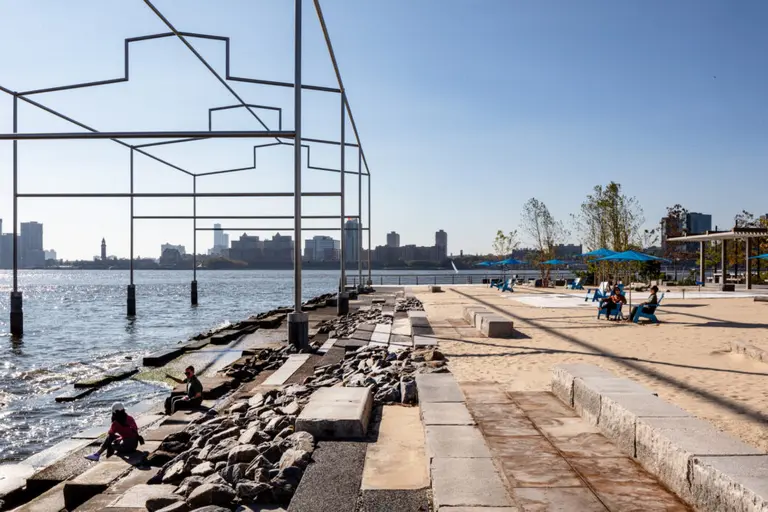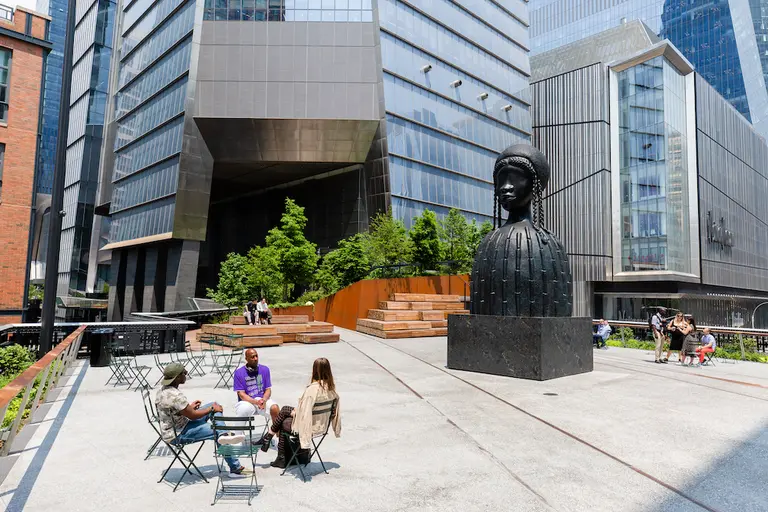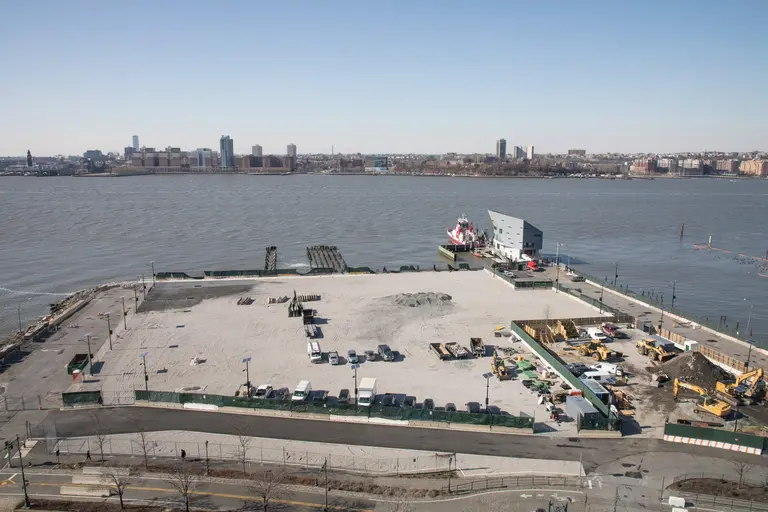After funding lawsuit against Pier55 offshore park, Durst joins board of Hudson River Park Trust

Rendering via Pier55, Inc
Manhattan Borough President Gale Brewer appointed Douglas Durst on Friday to the board of the Hudson River Park Trust, a group he has frequently criticized over their proposed Pier55 project. Durst admitted last year to funding a lawsuit to stop the trust’s plan for an off-shore park on the Hudson River. While billionaire businessman Barry Diller, who is funding the $250 million project, halted construction in September, the plan was restored a month later, with pressure and financial help from Gov. Andrew Cuomo. Brewer told Crain’s that Durst didn’t volunteer, she asked him to join the board. “I think he loves the park,” she said.

The lawsuit against the Hudson River Park Trust first came in 2015 from the City Club of New York, a group that typically fights zoning changes. Last May, Durst admitted he provided funding for the legal battle, after months of denying any involvement. The family-run real estate organization’s Via 57 West rental building sits across from the piers along the West Side Highway. Following a phone call between Mayor Bill de Blasio and the Durst Organization, as well as a deal between the group and Cuomo, Durst and the City Club abandoned the lawsuit.
“I have been an advocate and support of the park for decades and I am tremendously grateful to the borough president for this opportunity to continue my service to one of New York’s great treasures and most important green spaces,” Durst told Crain’s in a statement. “I look forward to working with my colleagues on the trust board and our partners in government at the city and state to finish the park.”
Diller, who announced his plan for a futuristic cultural park in 2014, tapped Thomas Heatherwick to design the structure. Pier55 calls for an amphitheater and two open landscaped areas for staging performances, perched on pilings in the river. First estimated at $130 million nearly four years ago, the project’s cost has now skyrocketed to $250 million.
[Via Crain’s]
RELATED:





























